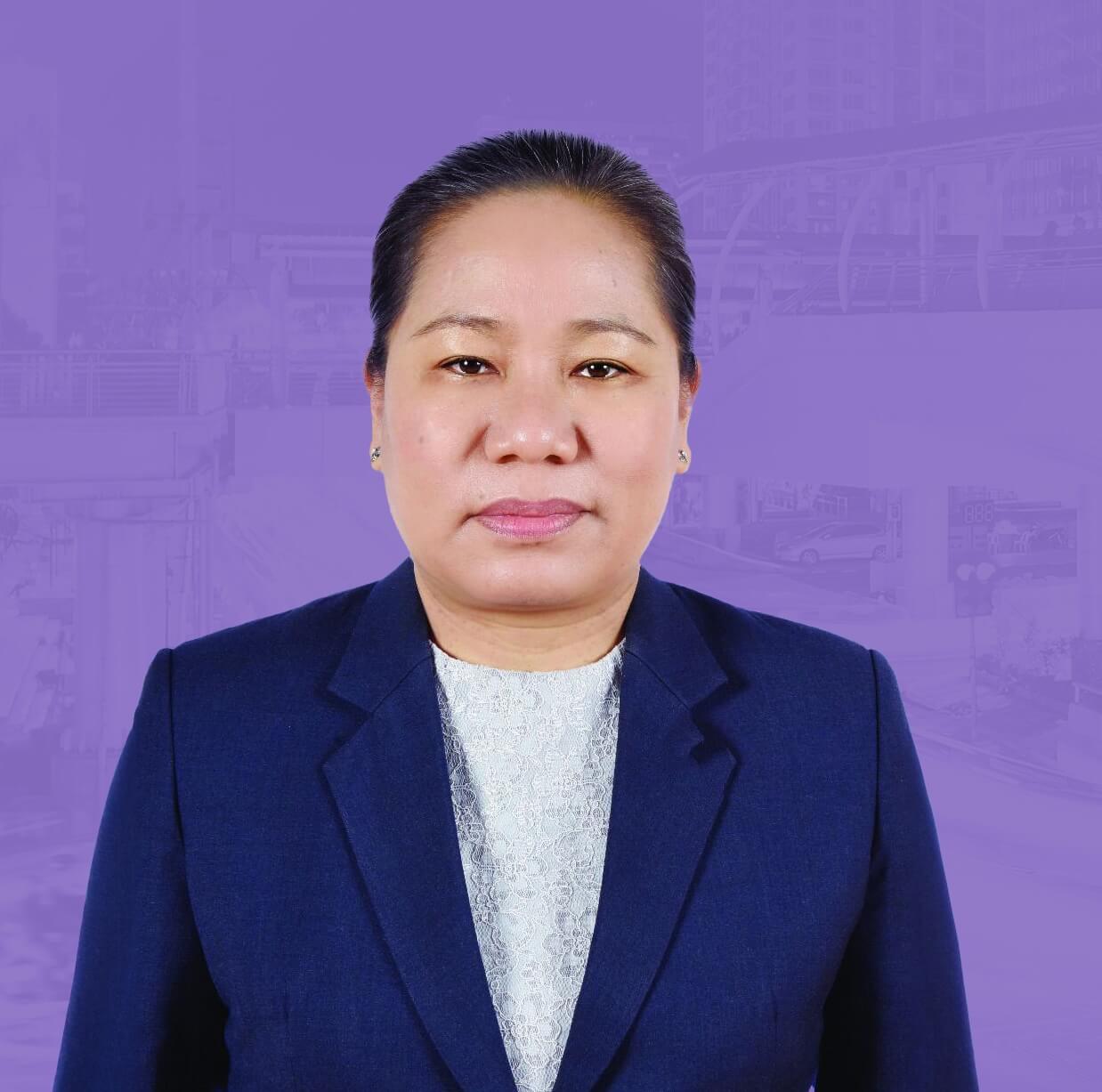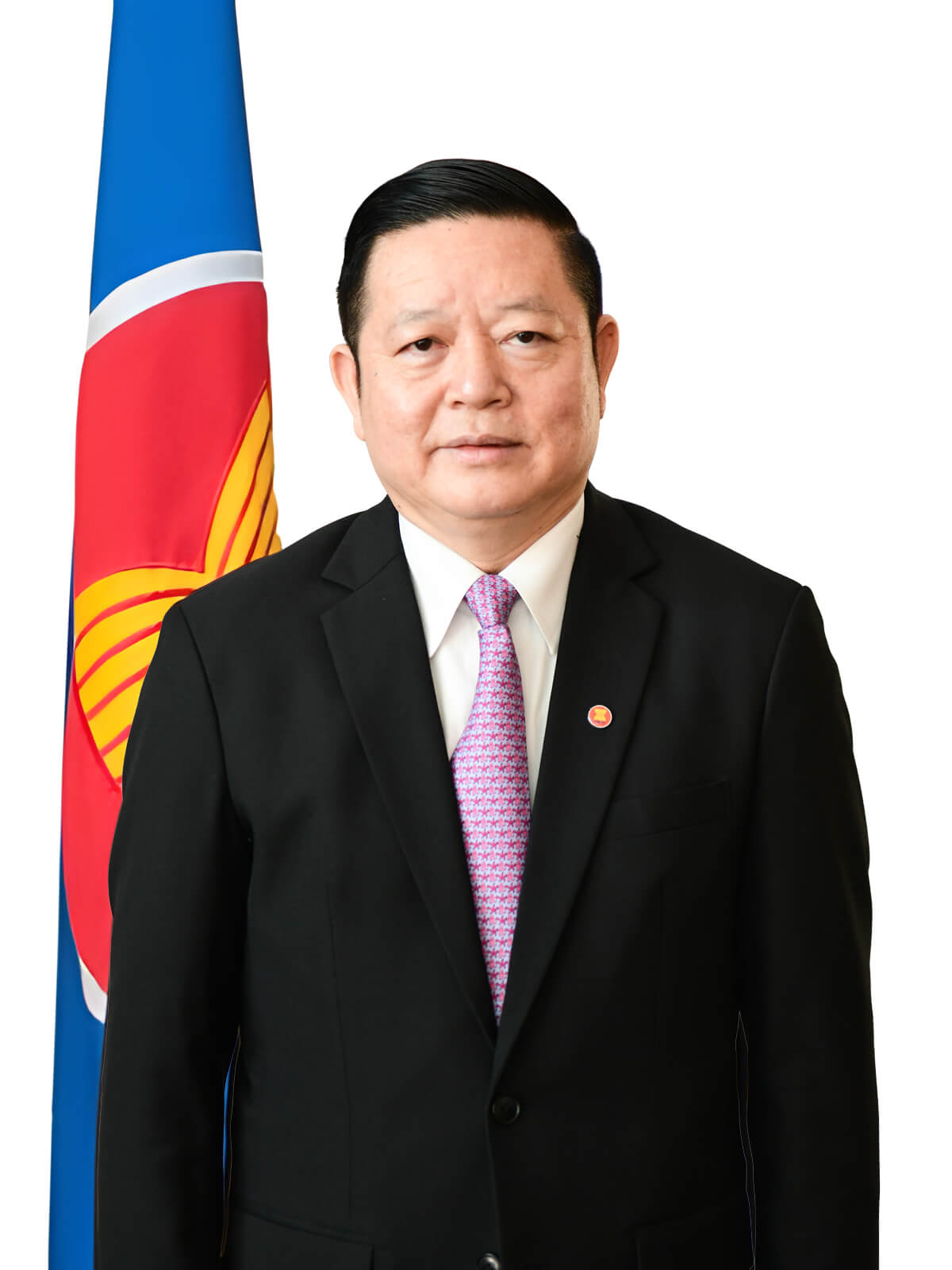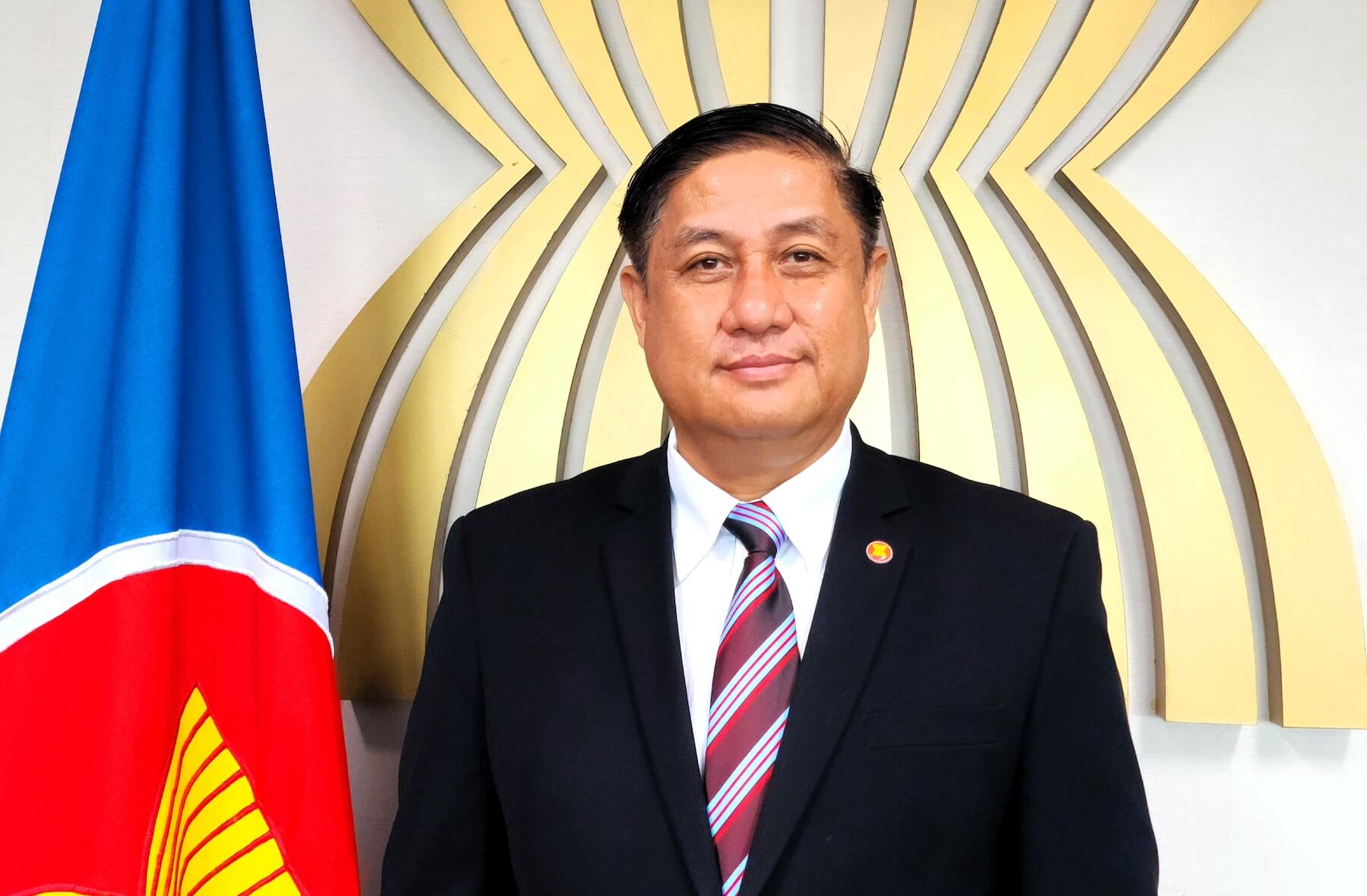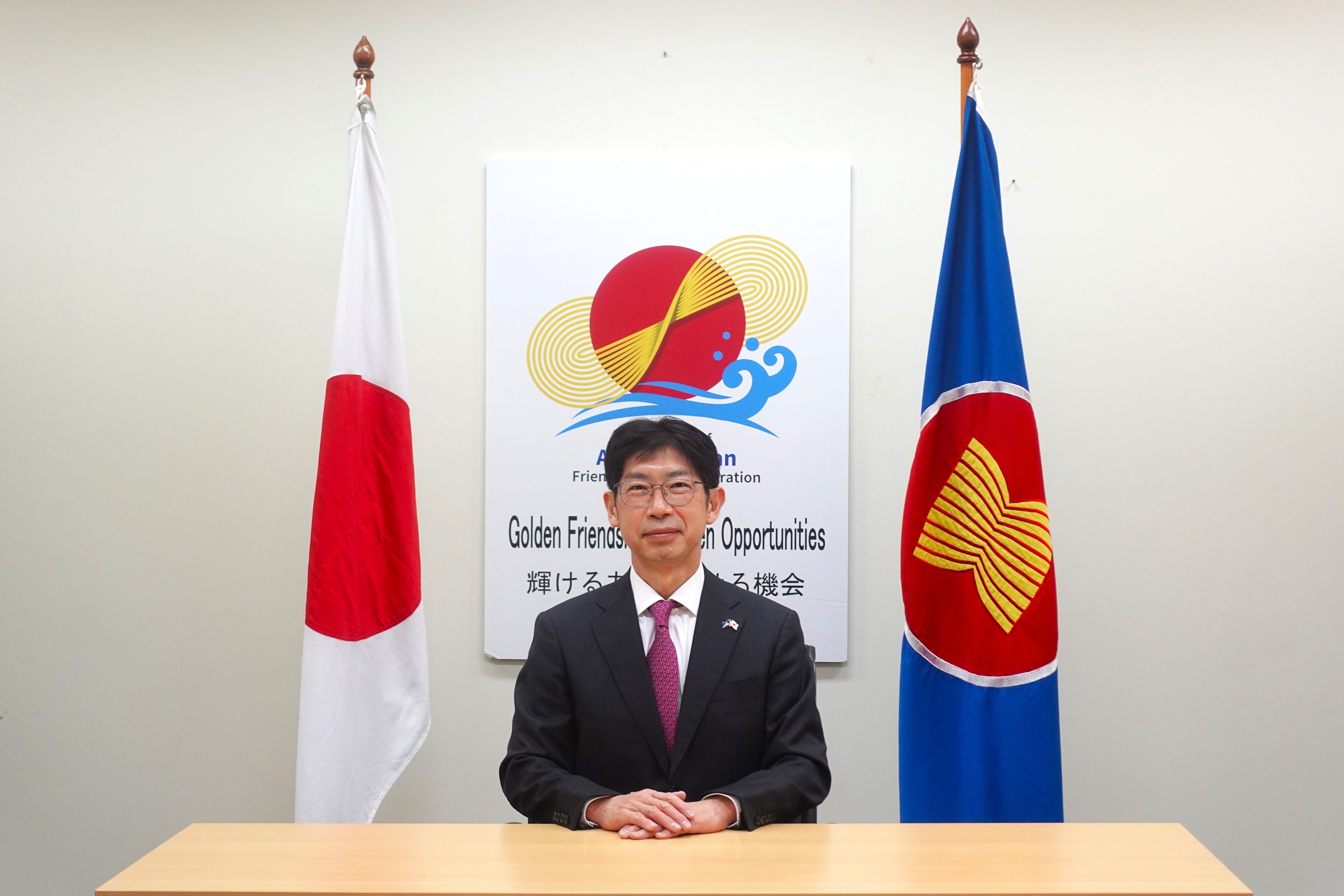


Minister Suanesavanh Vignaket discusses the ASEAN Socio-Cultural Community (ASCC) Achievements under the Lao PDR’s Chairmanship theme, "ASEAN: Enhancing Connectivity and Resilience." She delves into the key achievements and initiatives implemented during this period, highlighting the importance of cultural exchange, environmental sustainability, strengthened health systems, and the protection of women and children.
The Minister sheds light on the challenges faced and the opportunities that lie ahead for ASEAN as it strives to build a more cohesive and resilient community.
What are the most significant outcomes achieved under the Lao PDR’s ASCC Chairmanship of ASEAN, with the theme of ‘Enhancing Connectivity and Resilience’?
As the Chair of ASEAN in 2024, the Lao PDR has demonstrated remarkable leadership in advancing the theme “ASEAN: Enhancing Connectivity and Resilience” by focusing on two critical components: Connectivity and Resilience. The commitments made in the ASEAN Socio-Cultural Community have played a pivotal role in fostering inclusive development across the region.
These are the key achievements under the Lao PDR’s ASCC Chairmanship:
Culture and arts
The Vang Vieng Declaration on Promoting Small and Medium-Sized Cultural Enterprises aligned with Green Growth for Sustainable Development was endorsed during the 31st ASCC Council Meeting in Luang Prabang. This declaration highlights the integration of cultural industries with sustainable practices, promotes green growth, and sets the stage for future activities that promote ASEAN’s cultural wealth.
The declaration also calls for preserving and promoting ASEAN’s diverse cultural heritage, including traditional arts, crafts, music, and dance. It emphasises the importance of capacity building for cultural workers and entrepreneurs, which enables them to develop sustainable businesses and contribute to the region’s economic growth.
The Lao PDR’s chairmanship aimed to strengthen ASEAN’s cultural identity and contribute to the region’s economic prosperity by promoting cultural industries and sustainable development.
Environmental cooperation
Climate change resilience remains a cornerstone of ASCC initiatives. The ASEAN Joint Statement on Climate Change for the United Nations Climate Change Conference (UNFCCC COP29) was a significant outcome document adopted by the ASEAN leaders during Lao PDR’s chairmanship. This document outlines ASEAN’s commitment to addressing climate change and its impacts on the region. It stresses the need to strengthen regional and global cooperation on climate change and resilience and increase financial, technological and capacity support to implement enhanced climate mitigation and adaptation measures to achieve Nationally Determined Contributions or NDCs. A more robust implementation of these measures will benefit ASEAN’s people with improved livelihoods and enhanced resilience to extreme weather and other impacts of climate change.
The ASEAN Joint Statement on Biodiversity for the 16th Meeting of the Conference of the Parties to the Convention on Biological Diversity (CBD COP16) was also adopted. It calls for strengthened cooperation among ASEAN Member States and partnerships with many other countries and organisations to protect biodiversity and address threats like habitat loss and illegal wildlife trade.
The ASEAN Framework on Plastic Pollution and Circular Economy aims to reduce plastic pollution and promote sustainable waste management practices. It outlines a comprehensive approach, including prevention, reduction, and recycling.
The Lao PDR’s chairmanship has significantly advanced environmental cooperation and climate action in ASEAN. The region can ensure a sustainable future for its people and ecosystems by addressing these critical issues.
Women and children
Promoting the role of women and children has been another priority. The ASEAN Declaration on Strengthening the Care Economy and the 3rd ASEAN Women Leaders Summit highlight the importance of the care economy in fostering regional resilience. These initiatives aim to empower women, promote gender equality, and improve the well-being of children.
Critical aspects of these initiatives include: (i) Women’s economic empowerment: Empowering women through education, skills training, and access to finance; (ii) Gender equality and social inclusion: Promoting gender equality and social inclusion in all aspects of society; (iii) Child protection and development: Ensuring the protection and development of children, including access to quality education and healthcare.
ASEAN can unlock their full potential and drive sustainable development by investing in women and children.
Health resilience
Under the theme of transforming ASEAN health development, two critical documents were adopted: ASEAN Leaders’ Declaration on Biosafety and Biosecurity and The Plan of Action to Operationalise the ASEAN Leaders’ Declaration on Ending Inequalities and Getting on Track to End AIDS by 2030.
These efforts aim to strengthen health systems, prevent the spread of infectious diseases, and address health disparities. The COVID-19 pandemic exposed critical gaps in biosafety and biosecurity measures, but it also highlighted opportunities to strengthen our preparedness and response capabilities against biological threats and pandemics. There is a need to intensify these initiatives as global health challenges evolve, interconnectivity grows, and risks of accidental or deliberate pathogen releases. Adopting this declaration by our ASEAN Leaders strengthens regional capacities and fosters multi-sectoral cooperation toward a more secure and resilient community.
Critical aspects of these initiatives include (i) Strengthening health systems by investing in healthcare infrastructure, human resources, and technology; (ii) Preventing and controlling infectious diseases: Implementing effective surveillance, prevention, and control measures for infectious diseases; (iii) Addressing non-communicable diseases: Promoting healthy lifestyles and providing access to essential healthcare services.
By prioritising health resilience, ASEAN can protect its population from health threats and ensure a healthier and more prosperous future.
Labour mobility
The Vientiane Declaration on Skills Mobility, Recognition, and Development of Migrant Workers was a landmark outcome that reinforced ASEAN’s commitment to supporting the labour sector.
The declaration emphasises the importance of facilitating skills mobility by promoting the movement of skilled workers across ASEAN Member States while acknowledging existing regional initiatives. It calls for mutual recognition of qualifications and skills, enabling seamless integration of skilled workers into diverse workforces. Additionally, the declaration emphasises the need for harmonised skills standards and qualifications frameworks to streamline labour mobility processes.
The declaration prioritises skills development and training opportunities to enhance the capabilities of migrant workers. It underscores the importance of providing social protection and welfare benefits to safeguard their rights and well-being. Moreover, the declaration promotes fair recruitment practices and ethical treatment to prevent exploitation and abuse.
Implementing the Vientiane Declaration offers numerous benefits. Addressing labour shortages and attracting skilled workers can contribute to economic growth. By promoting skills development and training, the declaration can foster a highly skilled workforce, enhancing productivity and innovation. Additionally, it can improve working conditions for migrant workers by ensuring fair treatment and access to social protection.
The Vientiane Declaration presents a promising vision. Although its implementation faces challenges, ASEAN Member States must collaborate closely to harmonise skills standards, establish mutual recognition agreements, and build the capacity of relevant stakeholders. Effective monitoring and evaluation mechanisms are also crucial for tracking progress and identifying areas for improvement.
Addressing these challenges and effectively implementing the Vientiane Declaration can create a more integrated and prosperous labour market, benefiting migrant workers and the region.
How has the Lao PDR supported the development of the ASEAN Community Vision 2045 and Strategic Plans to develop resilience in the ASCC, particularly in health systems, the environment, and issues concerning women and children?
The Lao PDR has played a pivotal role in shaping the ASEAN Community Vision 2045 by driving the development of strategic plans in health, environment, and social welfare:
Health systems: Strengthened regional cooperation to address emerging health threats and improve health systems as well as accessibility to healthcare.
Environmental cooperation: Advanced efforts in climate change mitigation, sustainable development promotion and enhancing regional collaboration on environmental issues.
Women and children: Empowered women and children through targeted initiatives for behavioural transformation and social inclusion, ensuring their well-being and empowering them to contribute to the region’s development.
How can a more connected and resilient ASEAN seize future opportunities and challenges for ASEAN?
A connected and resilient ASEAN can focus on several key areas to capitalise on emerging opportunities and address challenges.
Digital transformation: Leveraging AI, IoT, and blockchain can foster innovation and bridge the digital divide.
Economic integration: Promoting intra-ASEAN trade, harmonising standards, and boosting investment flows can strengthen economic ties.
Sustainable development: Advancing green growth and renewable energy projects can ensure a sustainable future.
Cultural exchange: Strengthening regional identity through inclusive policies can foster understanding and cooperation.
Health systems: Enhancing healthcare access and innovation can improve public health.
Environmental cooperation: Tackling climate change through collective mitigation and adaptation efforts is crucial.
Education and skills mobility: Preparing the workforce for future demands and enhancing labour mobility can drive economic growth.
Embracing these strategies can ensure the region’s prosperous, inclusive, and resilient future. The Lao PDR’s Chairmanship of ASEAN has been a significant milestone in the region’s journey towards a more connected, resilient, and sustainable future. By focusing on critical areas such as culture, environment, women and children, and health, the Lao PDR has laid the foundation for a stronger and more prosperous ASEAN community.
As ASEAN moves forward, it is crucial to build on the achievements of the Lao PDR Chairmanship and continue to work towards a shared vision of a peaceful, prosperous, and sustainable region.








